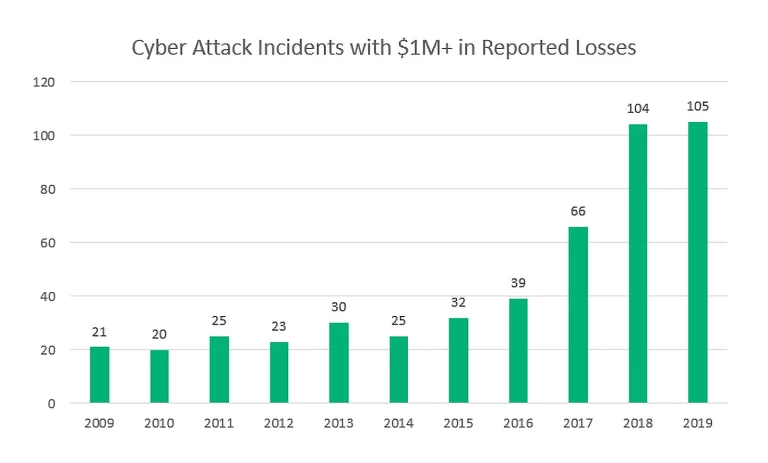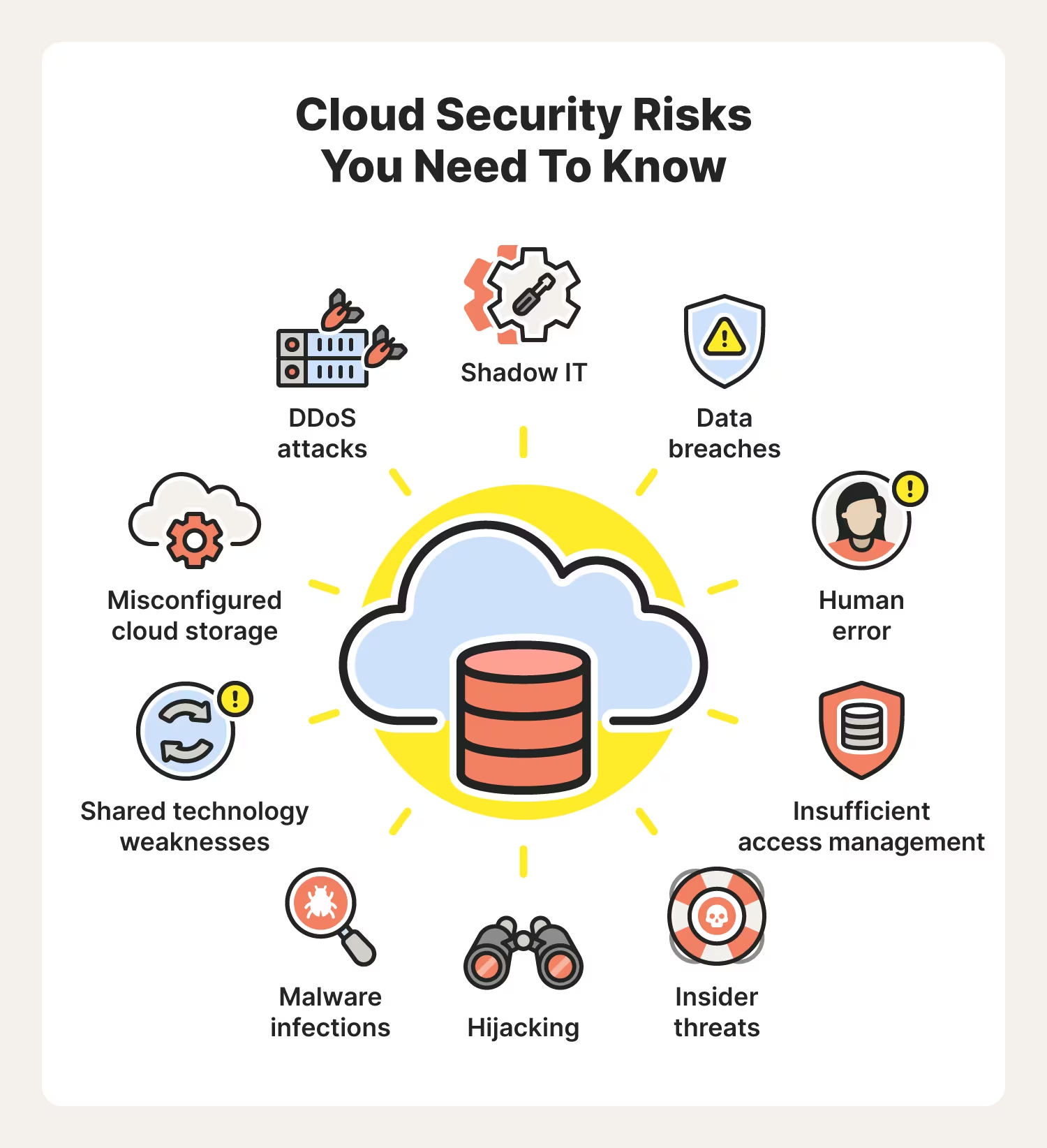Building a Strong IT Foundation for Your Startup
Ensuring success for any startup is a challenge — so much so that 20% fail in the first year, 50% within five years, and 65% within 10 years.
There are plenty of reasons why startups fail, but a common one is not taking the time to build a solid foundation of resources, processes, and tools to succeed.
One of the biggest challenges for startups is putting in place the foundational IT decisions, tools, and processes that need to be integrated early on to guarantee both short-term and long-term success.
Build a Cybersecurity Culture
Even with a number of cybersecurity measures in place, if employees at your startup aren’t aware of them or their importance, this could spell disaster. A single data breach could jeopardize your essential data, your public reputation, and challenge the continued success of any startup.
It’s crucial that you establish a cybersecurity culture at your startup early on, and reinforce it often. This spans the attitudes, knowledge, assumptions, norms, and values of your workforce with respect to cybersecurity. A strong cybersecurity culture is one in which the organizational determinants of culture (policy, processes, leadership) and the individual determinants (attitudes, knowledge, assumptions) align with the startup’s approach to cybersecurity.
To create an effective cybersecurity culture, you need to recognize that people make your startup secure just as much as the technology they use. People are both the best response to cyberattacks, as well as the weakest link in cybersecurity chains. Leaders must foster an environment where employees have the right knowledge to become the first line of defense.
You can establish a robust cybersecurity culture by building on existing strengths, nudging the right habits, listening to employees, understanding how changes impact the way in which they engage with cybersecurity, and making adjustments where appropriate.
Use Emerging Technologies for Cyber Threat Intelligence
High-tech startups may cause themselves additional vulnerabilities for threat actors to discover. However, there are many advanced technologies that can address these sorts of cybersecurity challenges.
One solution is to utilize AI tools, as these can automatically collect, analyze, and disseminate intelligence and vital information across global networks. This allows you to detect and mitigate cyberattacks based on optimum prevention strategies. You can also use emerging technologies to ensure end-to-end incident readiness, ensuring attacks can quickly be contained and remediated.
Machine learning and AI-driven algorithms can help IT teams discover existing vulnerabilities before a hacker does. You’ll want to do your best to stay one step ahead, and these tools can help. That way, the startup can focus on growth.
Protect Yourself Against Data Loss Due to Ransomware
Some startups may not think they’ll be major targets for ransomware attacks; instead, they imagine that hackers will want to target larger corporations since they have more to gain from a successful breach. But the opposite is often the case.
Large enterprises tend to have the strongest IT foundations, making them more immune to breach attempts. New startups, meanwhile, can be an easy ransomware target as they tend not to have solid security plans in place, owing to the fact that they’re more focused on growth.
Due to limited budgets, many startups also aren’t able to bear training costs or pay for security solutions that prevent or mitigate ransomware attacks. However, one possible solution for startups in this situation is to use a managed services provider (MSP).
These providers can offer security solutions that precisely meet your needs at an affordable cost. Using a third-party service like an MSP means you can avoid certain training costs and the need to invest in expensive technological solutions. An MSP will also allow you to focus more of your efforts on initial growth, rather than on essential cybersecurity processes and protocols.
Protect Against Social Engineering Threats
Phishing, ransomware, and spear phishing attacks are some of the most common threats startups will face. Employees that aren’t trained to spot these attacks may easily fall victim to them.
Startups might hold the data of tens of thousands or hundreds of thousands of their customers. A single ransomware attack could completely disrupt the business.
As mentioned, building a strong cybersecurity culture is important, and this especially applies in the case of tackling social engineering threats. If employees are aware of the latest tactics that cybercriminals use, then they will be less likely to fall prey to them. Knowing how to avoid clicking on links in unusual emails from supposed legitimate sources, for instance, can make a massive difference for a startup’s cybersecurity foundation.
Back Up Your Data
Even if your team incorporates all of the above strategies, it’s still possible for a cyberattack to occur and compromise your sensitive data. This doesn’t have to bring devastating consequences — as long as you have backups.
Online backups are easy to keep up to date, but it’s possible that a threat actor could compromise these as well. This is why, for peace of mind, you should have an offline backup as well.
While offline backups can be harder to keep up to date, you can still make sure it has all of your essential data. Crucially, the advantage of an offline backup is that you can continue your business operations should any incident impact your live environment.
By following all of the above recommendations, you can create a comprehensive and strong IT foundation for your startup, giving you the best chance of avoiding severe impacts from security incidents.
Startups face enough challenges as it is. Don’t let a data breach be the thing that ruins all your hard work.
Cyberlocke is a comprehensive, full-service IT services provider that architects and implements efficient and secure solutions for enterprise customers and their data centers. We specialize in security, cloud, managed services, and infrastructure consulting. Contact Us today to learn more.


